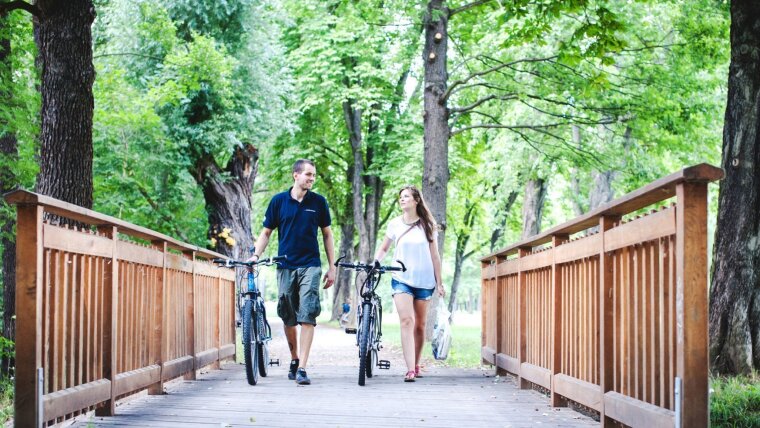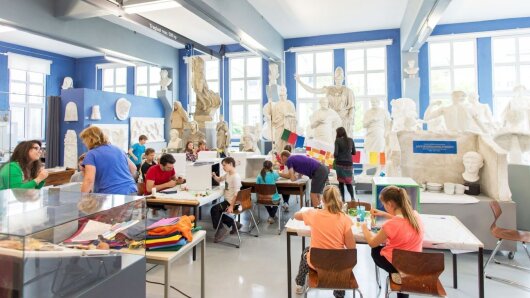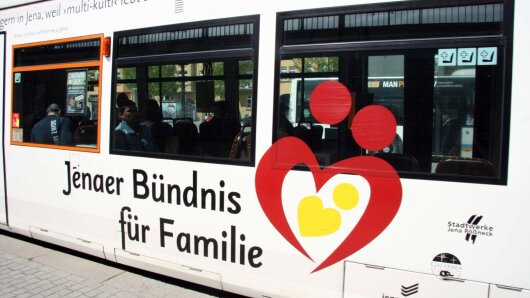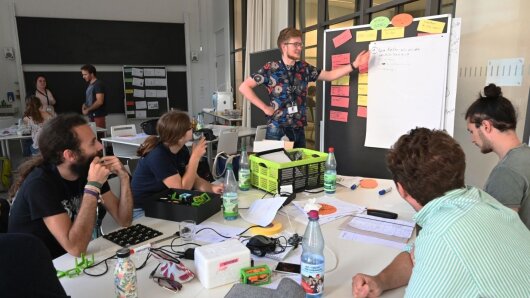
Anyone visiting Jena will inevitably notice one thing: the city is young and full of ideas. With an average age of 43.1 years (2022), a third of the population is under 27.
In addition to the more than 20,000 students, who represent around 20 percent of all residents, it is above all young families who shape the cityscape and the vibrant atmosphere. And that is no coincidence. On the one hand, the landscape of various research institutions and companies offers an attractive job market with a wide range of career paths. The city ranking 2024 by the economic research institute Prognos, for example, confirmed Jena's very good development by listing the city in first place in the dynamics category.
On the other hand, in Thuringia's youngest city, work and family can be combined ideally. As early as 2014, the daily newspaper "Welt" called Jena "the most child-friendly place in the republic". In 2022, more fathers took parental leave here than anywhere else in Germany (35.5%).
These are just some reasons in favour of the "Young City Jena" – here are a few more.






